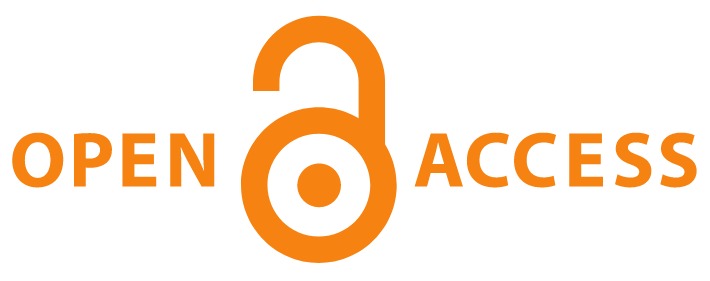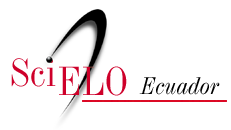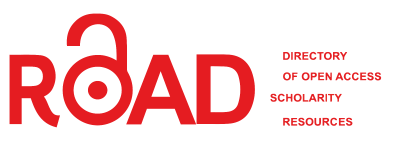Impact of formative research on the epistemological horizons of accounting
DOI:
https://doi.org/10.26423/rctu.v2i1.131Keywords:
Formative research, epistemological horizons, curriculum, Accounting and AuditingAbstract
The purpose of this research is to determine the use of formative research in the accounting ́s epistemological horizon and analyze the micro-curriculums of the accounting and auditing career in the Universidad Estatal Península de Santa Elena. For what refers to the construction of countable knowledge with the pragmatic positivism theory which that emphasizes the objectivity of the exact sciences, being the accounting a social science that has absorbed this paradigm to the accounting equation: active equal passive plus patrimony. However, this positivist theory has not been the most effective by the different financial crises of companies; later on appear the critical theory, affirming that knowledge must be at the service of society and no for a management system. Likewise the hermeneutic interpretive theory whose study is positioned in the subject, qualitative methods that attempt to understand not quantified; and the complexity theory, with emphasis on actors and contexts the interaction and significance. By other part the epistemological horizons in the axis of didactics and pedagogy are those related to Systems Theory, the Invisible Learning, the Complexity Thinking, the Critical Pedagogy and the Neuro Learning theories. These theories are in relation to the guidance provided by the Higher Education Council (CES) and at the same time with the students and teachers, also interrelated with contexts, scenarios or environments, and knowledge. In definitive the reality is complex and multidimensional, so then the pedagogical project of the career should be theoretically substantiate at the current science trends in the digital age of the twenty-one century, with relevance in Ecuadorian society, but above all to the interrelationship between theory and practice of the teaching in the training of future graduates in Accounting and Auditing.
Downloads
References
Asamblea Nacional, Ley Orgánica de la Educación Superior, (LOES). (2010)
Bernal, A. Metodología de la investigación. Colombia (2010)
Campos, A. Neuroeducación: Uniendo Las Neurociencias y la Educación en la Búsqueda del Desarrollo Humano Revista Digital la Educación. Organización de los Estados Americanos N°143. (2010)
Cobo, C. y Moravec, J. Aprendizaje Invisible. Hacia una Nueva Ecología de la Educación. ISBN de la edición en papel: 978-84-475-3518-7. España. (2011)
Consejo de Educación Superior, (CES), Reglamento de Régimen Académico. (2013)
Consejo de Educación Superior (CES), Curso de acompañamiento de la aplicación del Reglamento de Régimen Académico, Taller de investigación para el aprendizaje, archivo digital. (2014)
Ferraris, M. Historia de la hermenéutica (2002)
Giner, S. Teoría sociológica clásica (2004)
Ibañez, E. Las teorías del caos, la complejidad y los sistemas, Impactos educativos y aplicaciones en ciencias sociales. Rosario-Argentina: HomoSapiens. (2008)
Larrea, E. El currículo de la educación superior desde la complejidad sistémica. (2014)
Pérez, A. Aprender a educar, nuevos desafíos para la formación de docentes. ISSN 0213-8646 • Revista Interuniversitaria de Formación del Profesorado, 68 (24,2) (2010), 37-60. (2010)
Vidal, L. Pedagogíacrítica. http:// profesorescriticos.blogspot.com/ (2012)
Downloads
Published
Issue
Section
License
El titular de los derechos de autor de la obra, otorga derechos de uso a los lectores mediante la licencia Creative Commons Atribución-NoComercial-CompartirIgual 4.0 Internacional. Esto permite el acceso gratuito inmediato a la obra y permite a cualquier usuario leer, descargar, copiar, distribuir, imprimir, buscar o vincular a los textos completos de los artículos, rastrearlos para su indexación, pasarlos como datos al software o usarlos para cualquier otro propósito legal.
Cuando la obra es aprobada y aceptada para su publicación, los autores conservan los derechos de autor sin restricciones, cediendo únicamente los derechos de reproducción, distribución para su explotación en formato de papel, así como en cualquier otro soporte magnético, óptico y digital.













